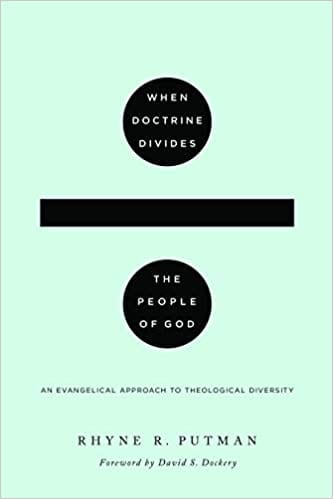BEN: Many years ago, I taught some classes at Duke whilst Stanley Fish was also teaching there, offering up his reader-response criticism to one and all. The thing that struck me the most about his work, is that when some reviewer would critique it, he would say ‘well, that’s not quite what I meant or intended’. What eventually struck me about extreme forms of reader-response criticism, is that it was inherently self-contradictory. You can’t say, on the one hand that meaning is constructed by the reader when he interacts with the text, and at the same time say as an author ‘no that’s not what I meant’. Self-defeating theories of interpretation are not helpful. Comments?
RHYNE: Sure. Absolutely. And your distinction between extreme and less extreme forms of reader-response criticism is important. Softer versions of reader-response criticism like Umberto Eco’s describe varying degrees of openness to the text. A text may be “open” to additional meanings if the author leaves it open as such (like a Mad Libs book or intentionally ambiguous lyrics). The radical forms of reader-response criticism puts meaning-making in the hands of the reading community. We have seen how well that works out in postmodern Christian traditions.













